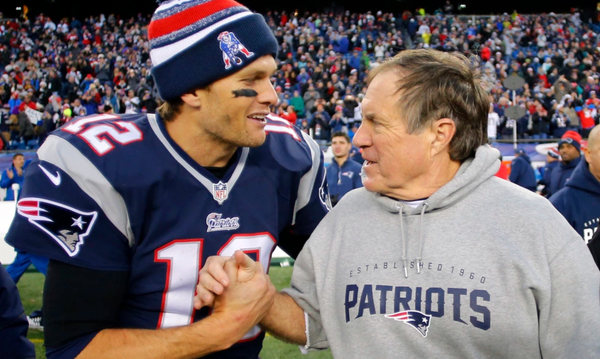We often hear the phrase “be a man” in our media and everyday language, but what does that really mean? What makes a real man? Our culture interprets physical strength, bravery, toughness, athletic ability and lack of emotion to be the key elements of masculinity.
You can even see the absurdity of this when browsing the drugstore and seeing the slew of gendered products lining the walls. Products like deodorant, body wash and lotion “made for men” are usually sold in dark colors and use words like “extreme sport”, “odor armor” and “power refresh” to advertise to men, while the actual ingredients inside are the same as those for women. Even the writing on a bottle of soap for men sends the message that using that product will make you powerful, a desired trait that only “real men” have.
There’s this constant need for men to prove their masculinity to women, and other men. This is damaging for men who don’t fit the stereotypical sports loving, macho image and are put down by other men. There’s a shame also connected with having emotions, and boys are taught to deal with their feelings internally. We condemn tears because “crying is for girls,” when it is actually just a healthy emotional response that happens. It is unhealthy for any human being to hold everything in, we are capable of so many emotions and to tell boys to hide them away is a huge disservice to them. When you’re upset, angry, frustrated and you hold it all in, it builds up and can morph into violence and anger. We need to teach boys at a young age how to identify and talk about how they’re feeling, so they don’t have issues later in life.
When you say “be a man,” you are associating so called “male qualities” of strength, bravery, and athleticism exclusively to men, which means you are saying that very capable women cannot possess these traits. If you’re looking for proof women can be strong, brave, and athletic just switch on the Rio Olympics and watch a 4’8" girl do two and half twists in the air and stick a blind landing.
Saying “be a man” is essentially saying “don’t be a woman,” suggesting that women are weak, cowardly and emotional, which is simply not true. Some people will say "being a man" means taking responsibility and being able to provide but these are things women also do. The issue here is what our language implies. Instead of telling boys to “be a man” we need to teach them qualities that good people have in general. Honesty, strength, responsibility, courage, independence are not associated with gender they are just qualities people have.
This video shows how at young ages boys are already affected by our culture’s definition of masculinity, and how older men have learned what it means to them. We need to change our definition of masculinity so that young boys can become confident in who they are, instead of conforming to society's definition of "being a man." Our language is so important and three little words can have a big impact. There is no one, clear-cut definition of what a man is. Every man is different, and they make that definition for themselves.





















